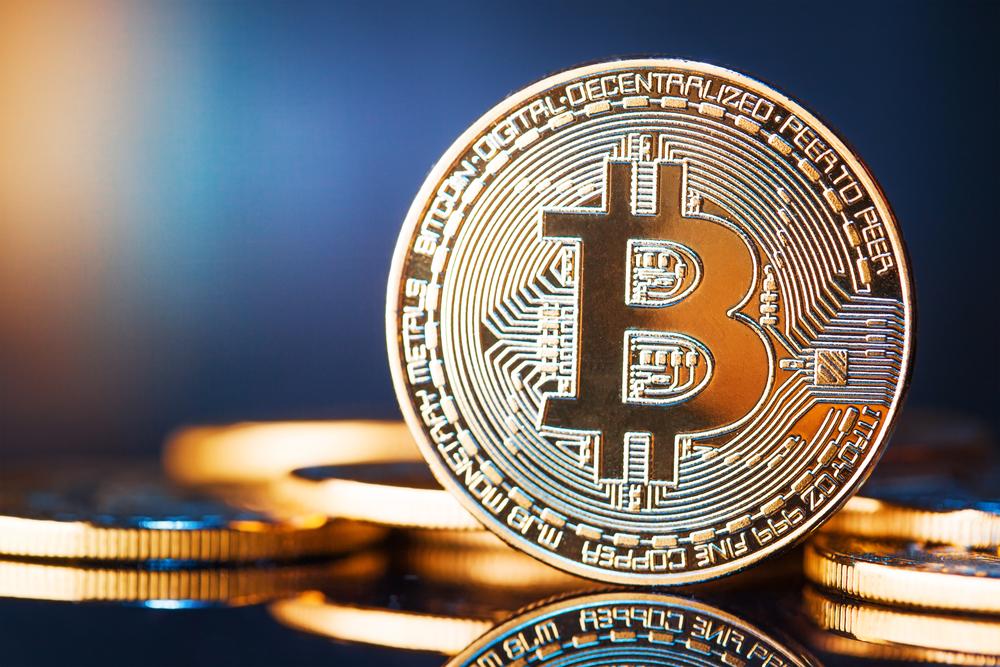- The Venezuelan government uses the Petro to track the activities of its citizens.
- The concept of the Petro is designed to favour the government while traders and citizens lose.
The launch of Petro’s was an almost miraculous solution to combat US sanctions and inflation in the country. When the Venezuelan government launched its digital coin in 2018, it seemed to be at the forefront of innovation. But almost two years later, the Petro is only a tool to control the population.
Petro is everything that Bitcoin is not
Eduardo Gómez, head of support for the start-up company Purse.io (a platform that allows the use of Bitcoin and Bitcoin Cash to reduce costs for online purchases), gave an assessment of Petro. He first referred to the “Fatherland Card” (Carnet de la patria”), an identification and control document that allows citizens to receive state subsidies.
The “Map of the Fatherland” platform has become part of an Orwellian control and monitoring system. The government uses the platform to track and determine who receives which subsidies. It is also used to conduct regular checks on family members to feed a government database.
Gomez explains in his Twitter account that this platform has a exchange that was set up for “trading Petros”. In November, the government announced that it would distribute 0.5 PTR to pensioners and employees as a Christmas bonus “by airdrop”. The scope of the decision was extended to all persons registered on the “Fatherland Card” platform.
As Gomez says, only a few selected companies have the appropriate system to process payments through Petro’s:
The merchants are forced to accept the Petro as payment at a fixed rate. (2.5 Million VES/PTR), whereas you can buy the token in the open market for as low as 1 Million VES/PTR.
Gomez explains what the consequences of this system are. If people can buy the Petro and make a profit of more than 50% to spend it in certain places, then it should increase the pressure to buy until a balance in the price of the Petro is reached. As a result, companies are forced to accept the petro while they are unable to sell their stocks, which is why many stores close. Gómez specifies exactly who benefits most from this arrangement: the government officials who sell their Petro on the market:
Not to mention the incredible money laundering operation they have going on with this thing.
Although you can see long queues to issue the tokens, the citizens are the ones who lose in the long run. For the time being, there are no purchase orders for the digital coins on the Petro exchange platform. The trend could reverse, but without the necessary guarantees most people will not invest in Petro.
People will likely buy PTR to spend it, driving the price up until there's equilibrium. Meanwhile, merchants will go out of stock (and business) selling goods for 50% less of what they are worth. Long queues of people have been popping up to spend the damn thing.
— ⚡🇦🇷Eduardo🇻🇪⚡ (@Codiox) December 29, 2019
Bitcoin trading volume reaches a new record in Venezuela
While Petro is pushing to increase the government’s control power, Bitcoin continues to consolidate as an alternative to the economic crisis and controls. The number one cryptocurrency offers all the advantages and guarantees that Petro does not have.
As reported by CNF, the CoinDance data platform has set a new record for Bitcoin trading volume in Argentina and Venezuela. Last week, 250 billion bolivars (VES) were traded on the peer-to-peer LocalBitcoins exchange. This represents a 15% increase over the previous week to $24 million.
Trading volumes have continued to increase since November. It is very likely that this trend will continue and increase depending on the crisis. Venezuela is one of the countries with the highest inflation in the world and its citizens have turned to foreign currencies and Bitcoin as an alternative to carry out daily operations and value retention.
The price of Bitcoin stands at $7,342, at the time of publication, with a sideways movement (0.22%) in the last 24 hours.
Follow us on Facebook and Twitter and don’t miss any hot news anymore! Do you like our price indices?
Recommended for you:
- Buy Bitcoin Guide
- Bitcoin Wallet Tutorial
- Check 24-hour Bitcoin Price
- More Bitcoin News
- What is Bitcoin?
Subscribe to our daily newsletter!
No spam, no lies, only insights. You can unsubscribe at any time.




